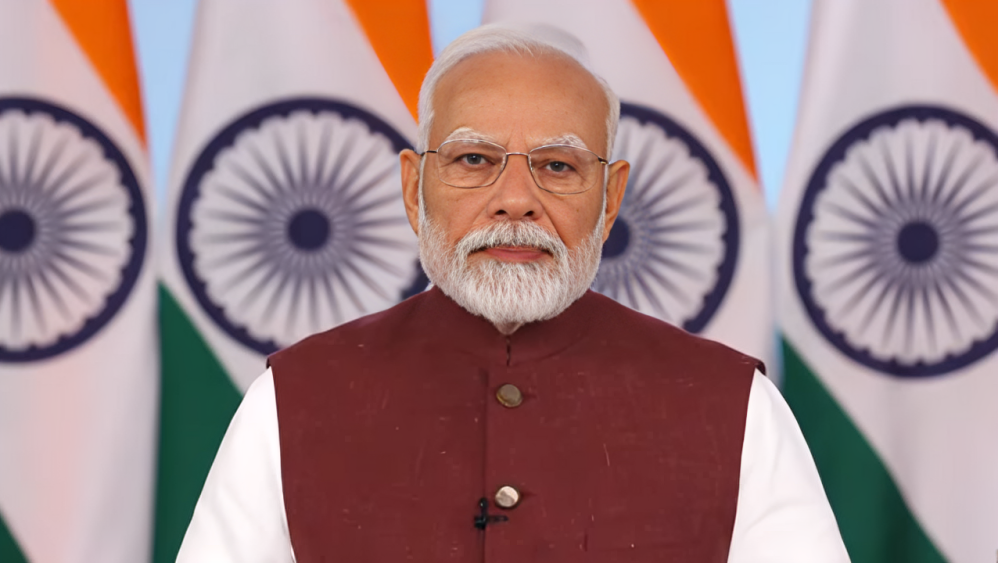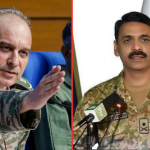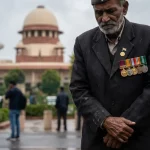Prime Minister Narendra Modi has delivered a strong message on India’s national security policy, declaring that any future talks with Pakistan will be restricted to two non-negotiable issues: terrorism and Pakistan-occupied Kashmir (PoK). Reaffirming India’s “zero tolerance” approach, Modi emphasized that “the era of terrorism must end alongside traditional warfare,” and reiterated, “terror, trade, and talks cannot be done together.”
In his recent national address and remarks at a high-level security forum, the Prime Minister used vivid metaphors to underline India’s firm stance: “Water and blood cannot flow together,” he said, highlighting the contradiction between dialogue and violence. Modi’s comments come amid renewed tensions and global calls for peace in South Asia, following fresh allegations of Pakistan’s continued support for terrorist groups operating in Jammu and Kashmir.
India’s position has remained consistent since the abrogation of Article 370 in August 2019, which revoked Jammu and Kashmir’s special constitutional status and intensified the dispute with Pakistan. Modi made it clear that India will not return to normal diplomatic or economic engagement with Islamabad until there is verifiable and lasting action against cross-border terrorism.
The Prime Minister’s statements align with India’s long-standing diplomatic campaign to mobilize international support against terrorism. Initiatives such as the ‘No Money For Terror’ conference, hosted by India, reflect its effort to forge a global coalition against the financing of extremism. Leaders worldwide — including the U.S. State Department and former British Prime Minister David Cameron — have acknowledged Pakistan’s track record as a terrorist safe haven, further reinforcing India’s global messaging.
As tensions continue to simmer in the Kashmir region, Modi’s emphasis on PoK signals an increasingly assertive Indian stance. The region is frequently referenced in official discourse as territory under illegal occupation, with growing domestic calls for its reintegration into the Indian Union.
International actors, including U.S. Secretary of State Marco Rubio, have called for restraint and dialogue between the nuclear-armed neighbors. However, Modi’s message is clear: India welcomes dialogue only on its core concerns — the eradication of terrorism and the restoration of territorial integrity.
With this uncompromising policy, Modi has drawn a definitive line in India-Pakistan relations, one that demands accountability and rejects appeasement. The address not only reinforces India’s domestic resolve but also serves as a signal to the global community that peace in South Asia hinges on ending terror, not negotiating around it.













